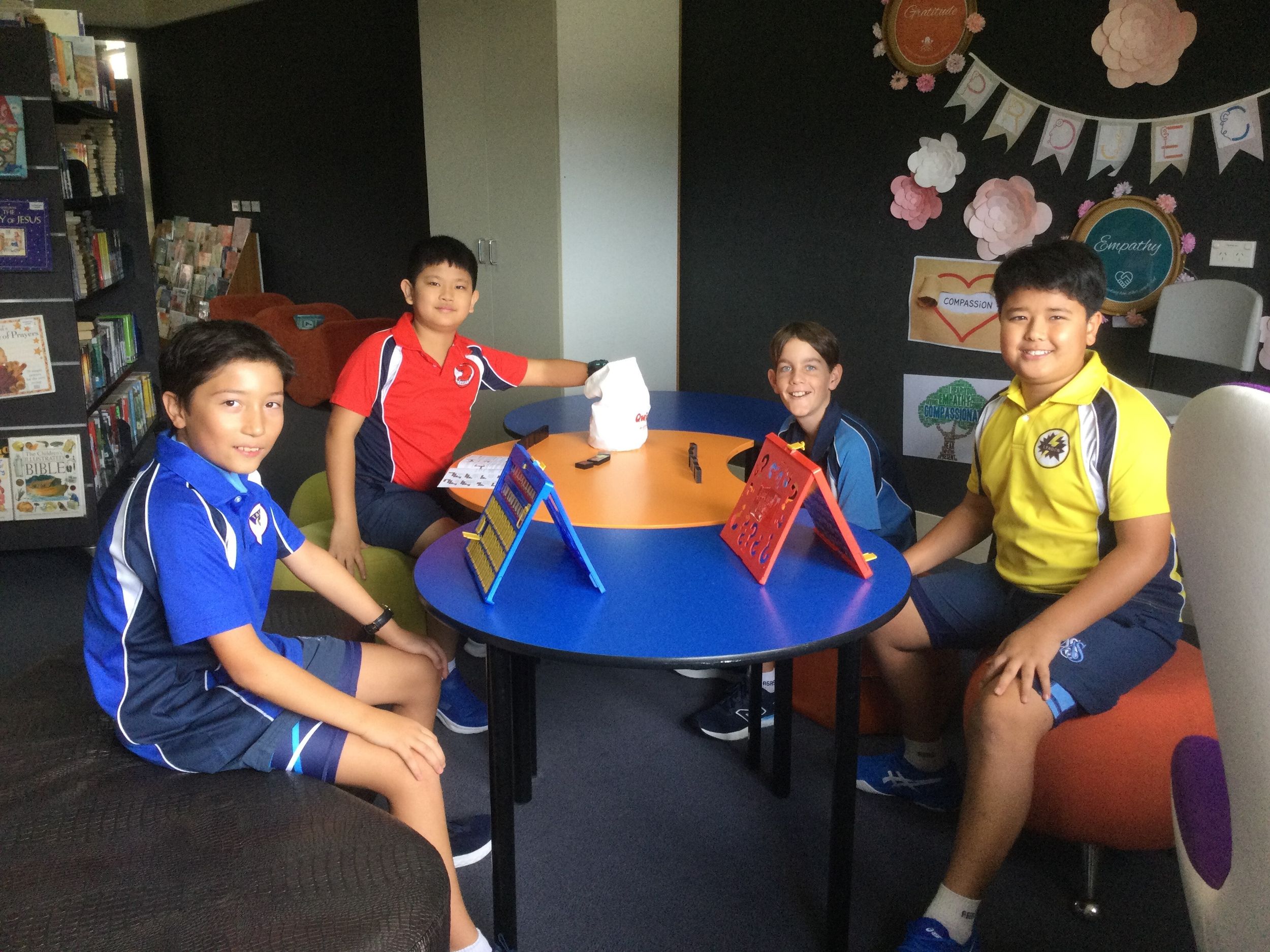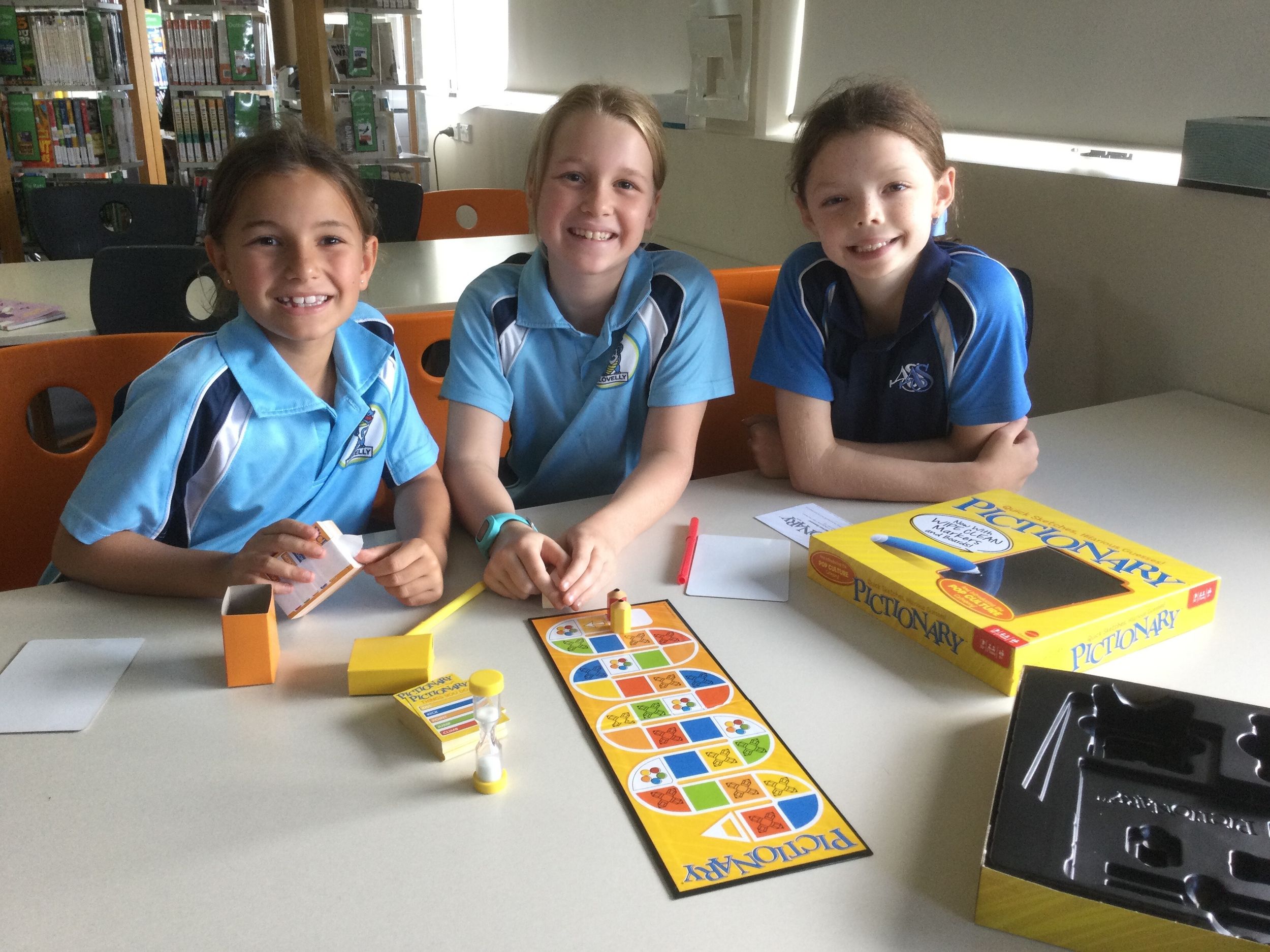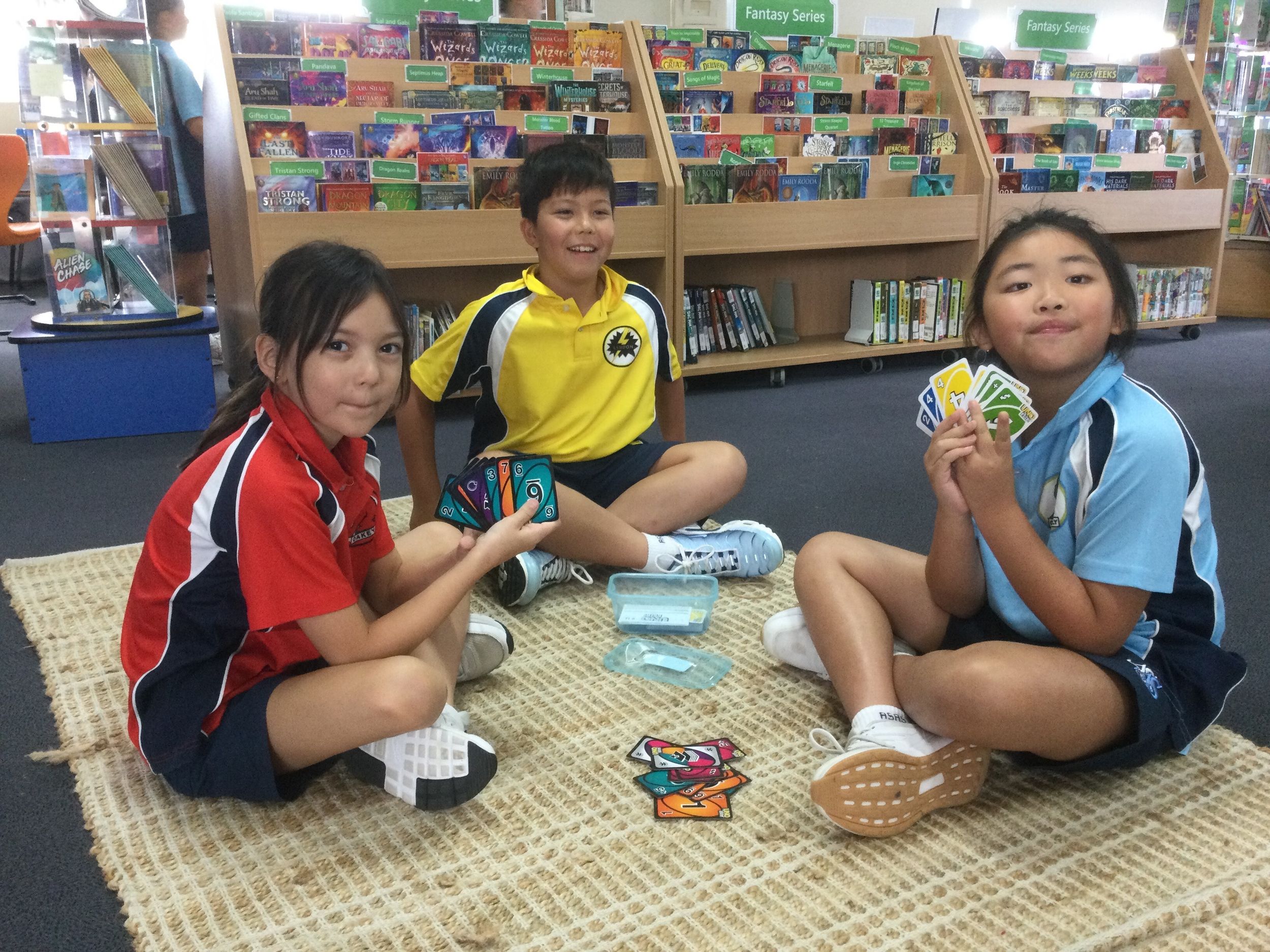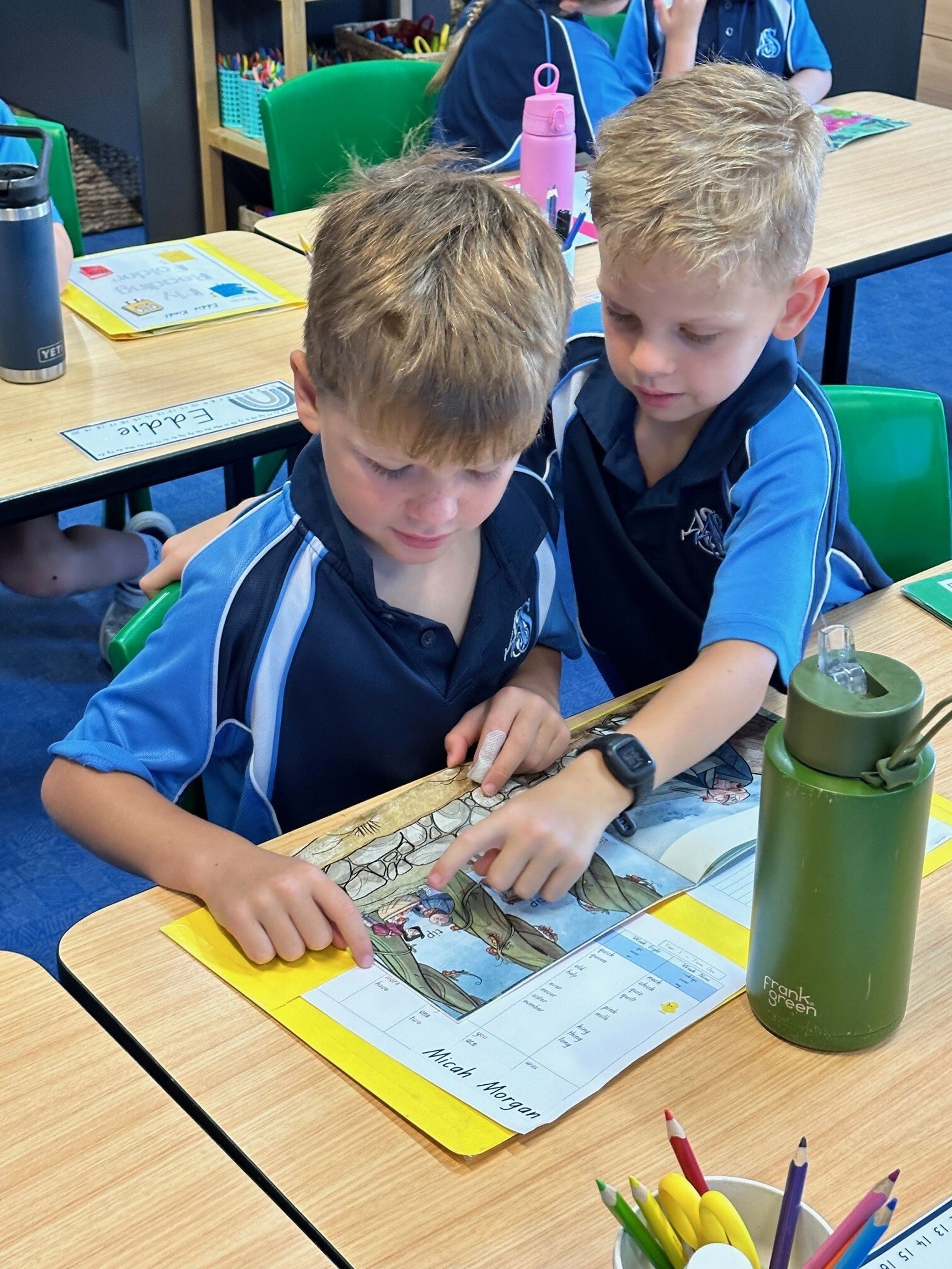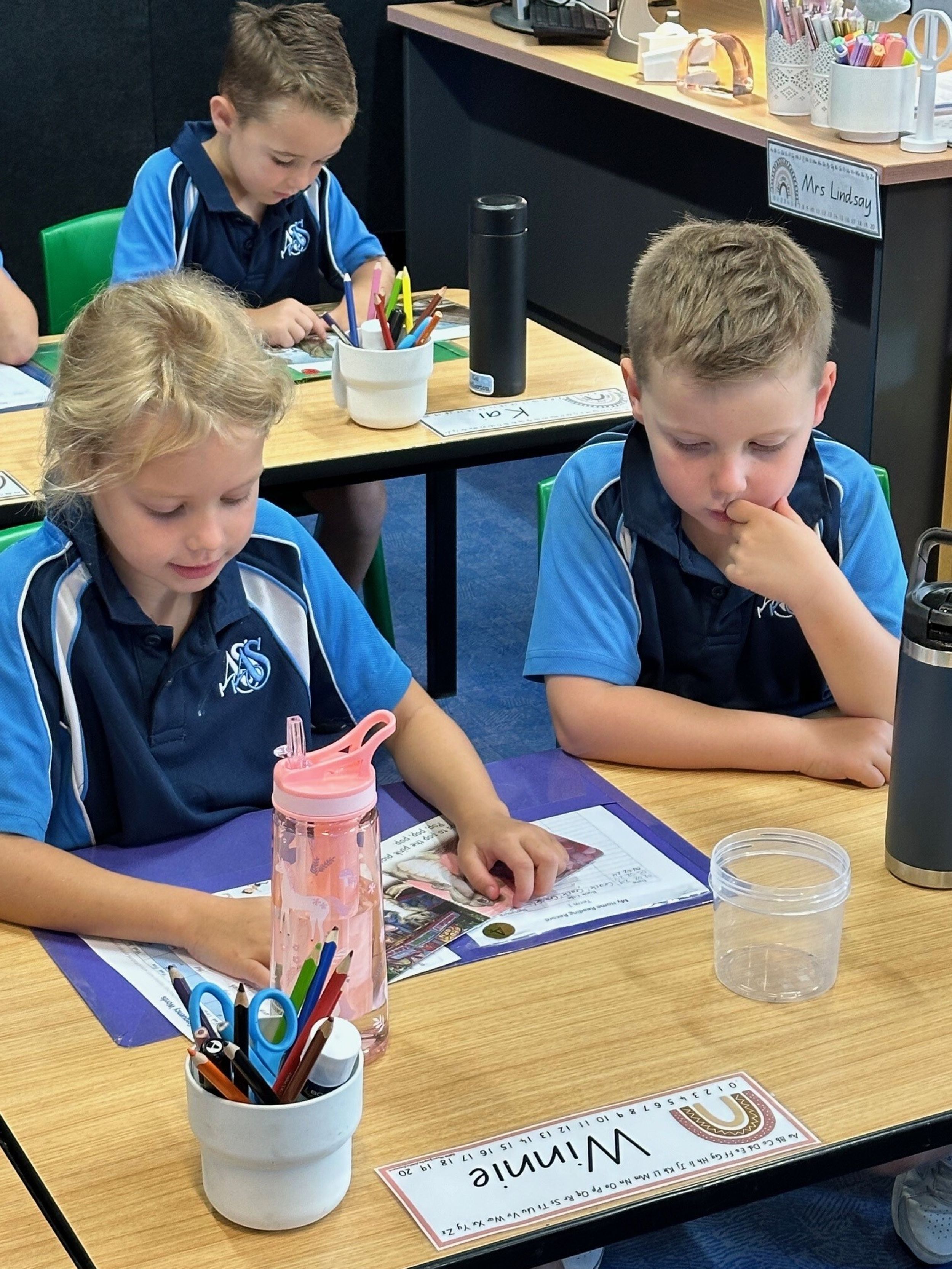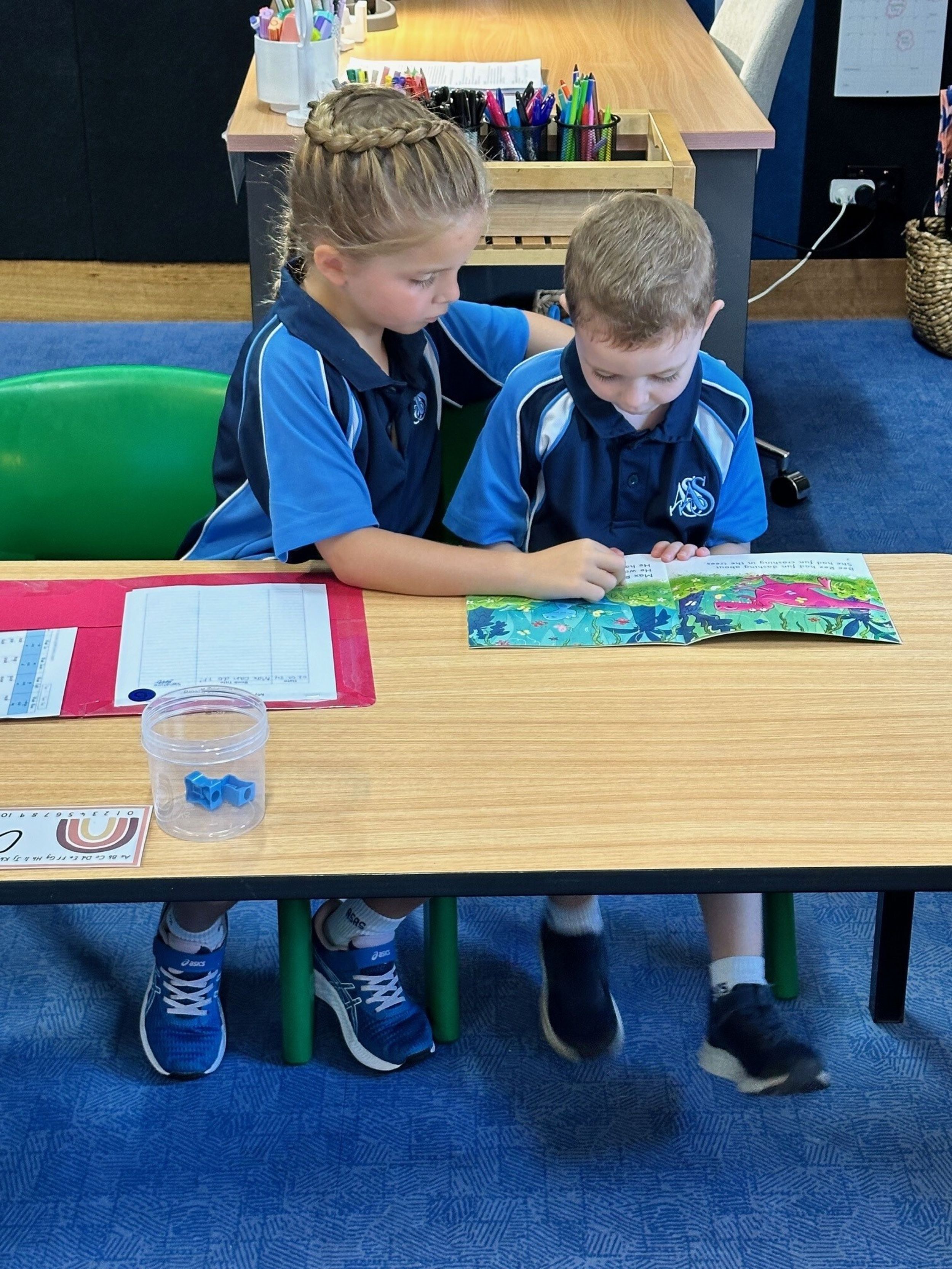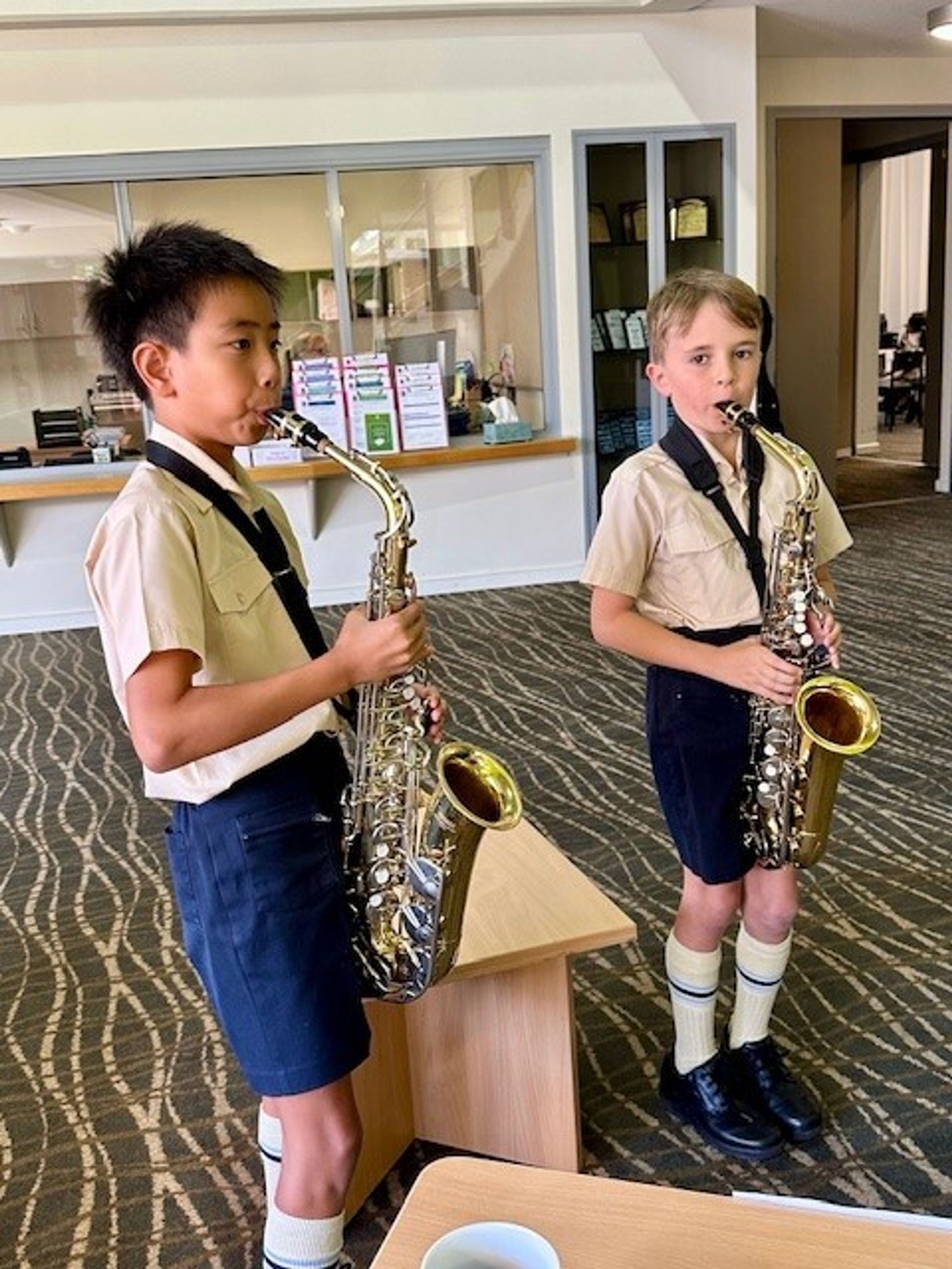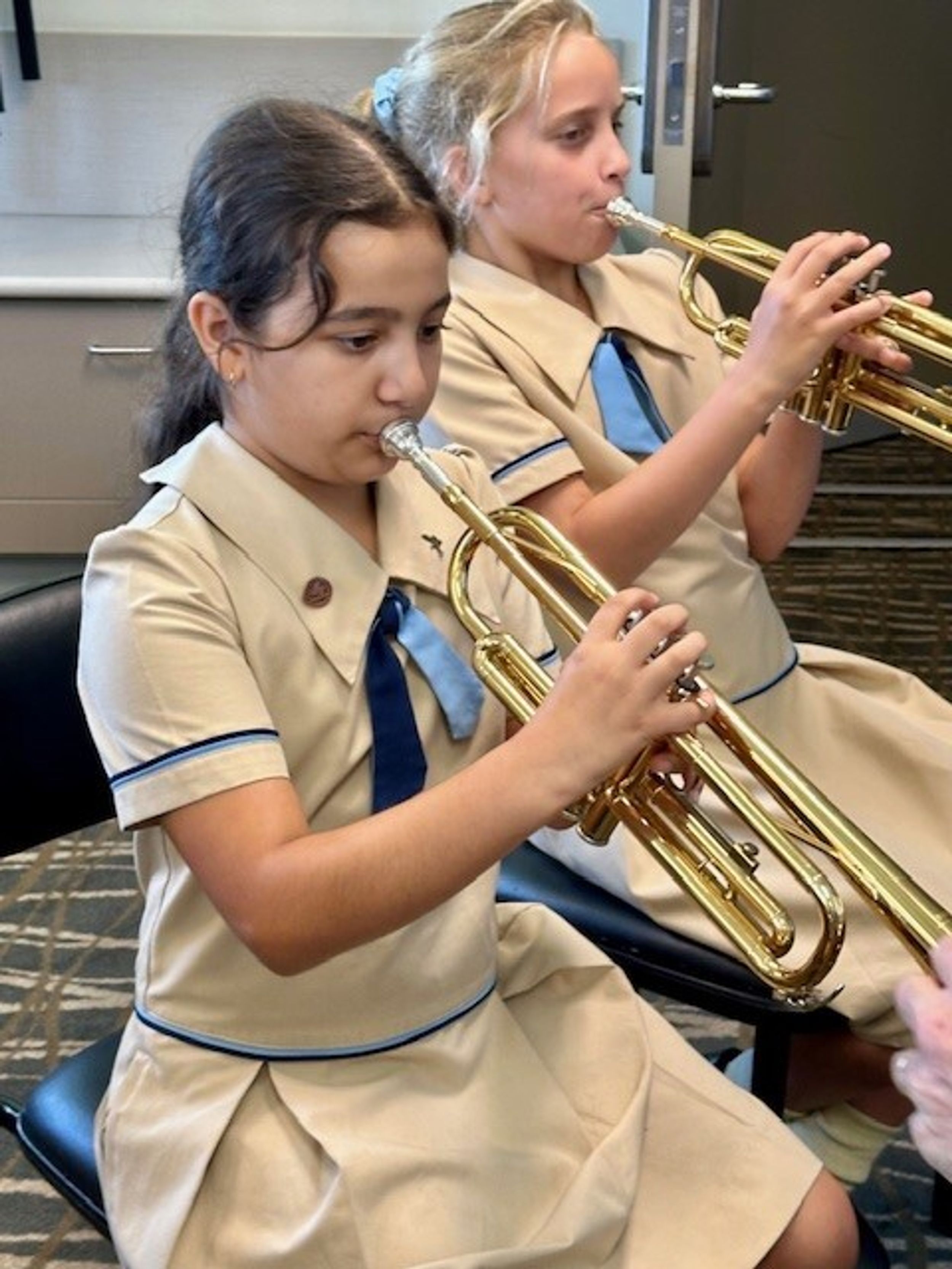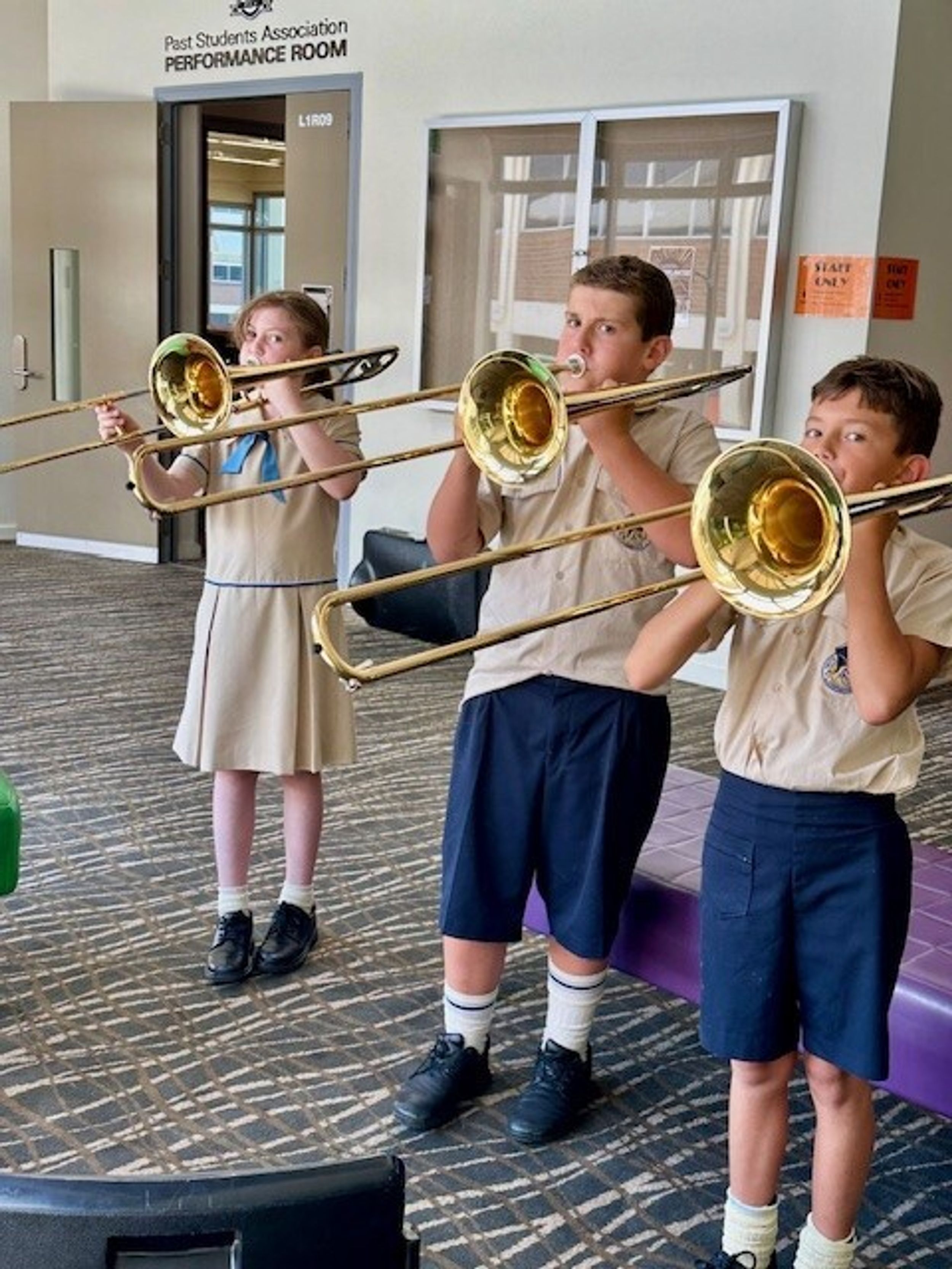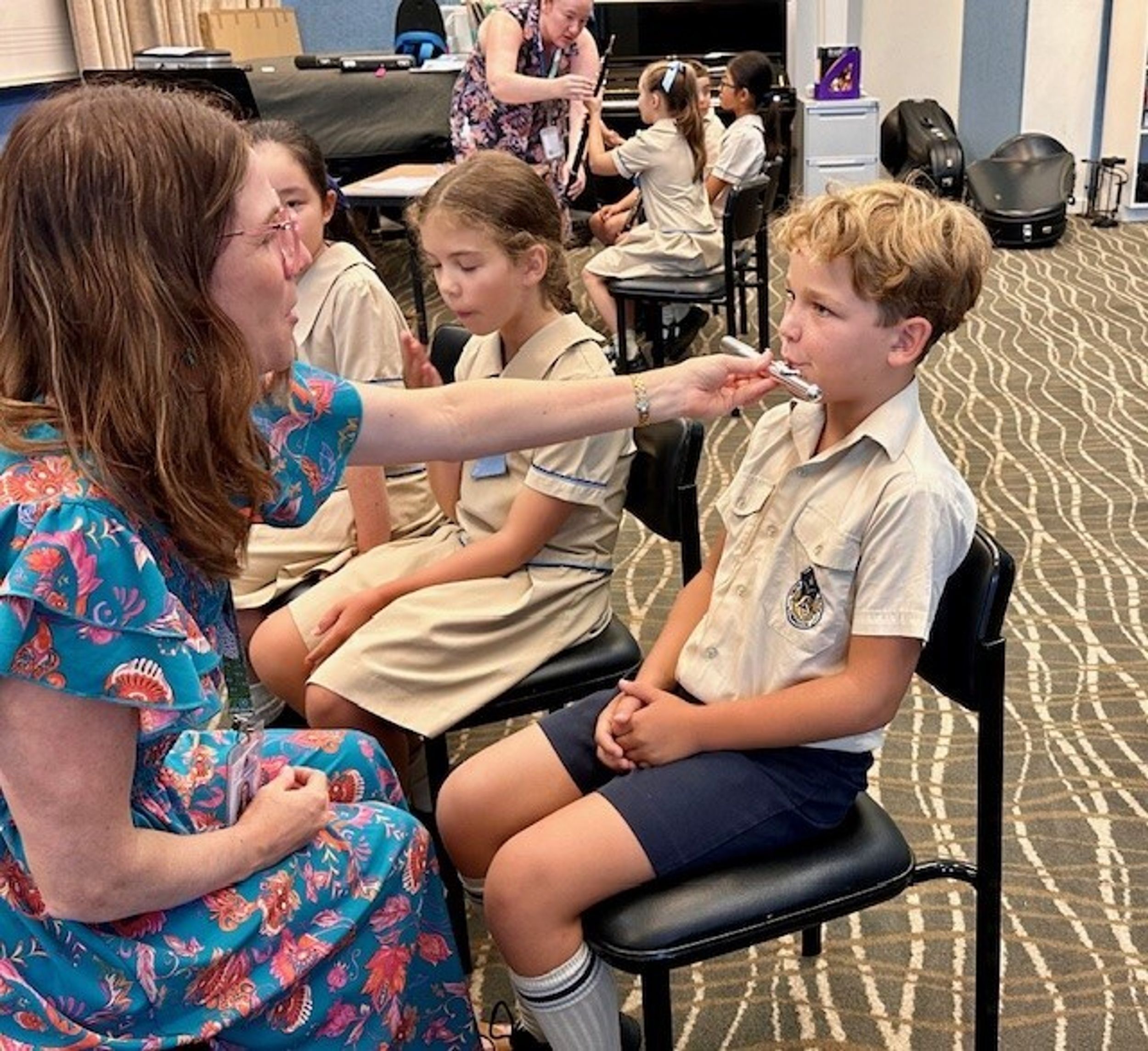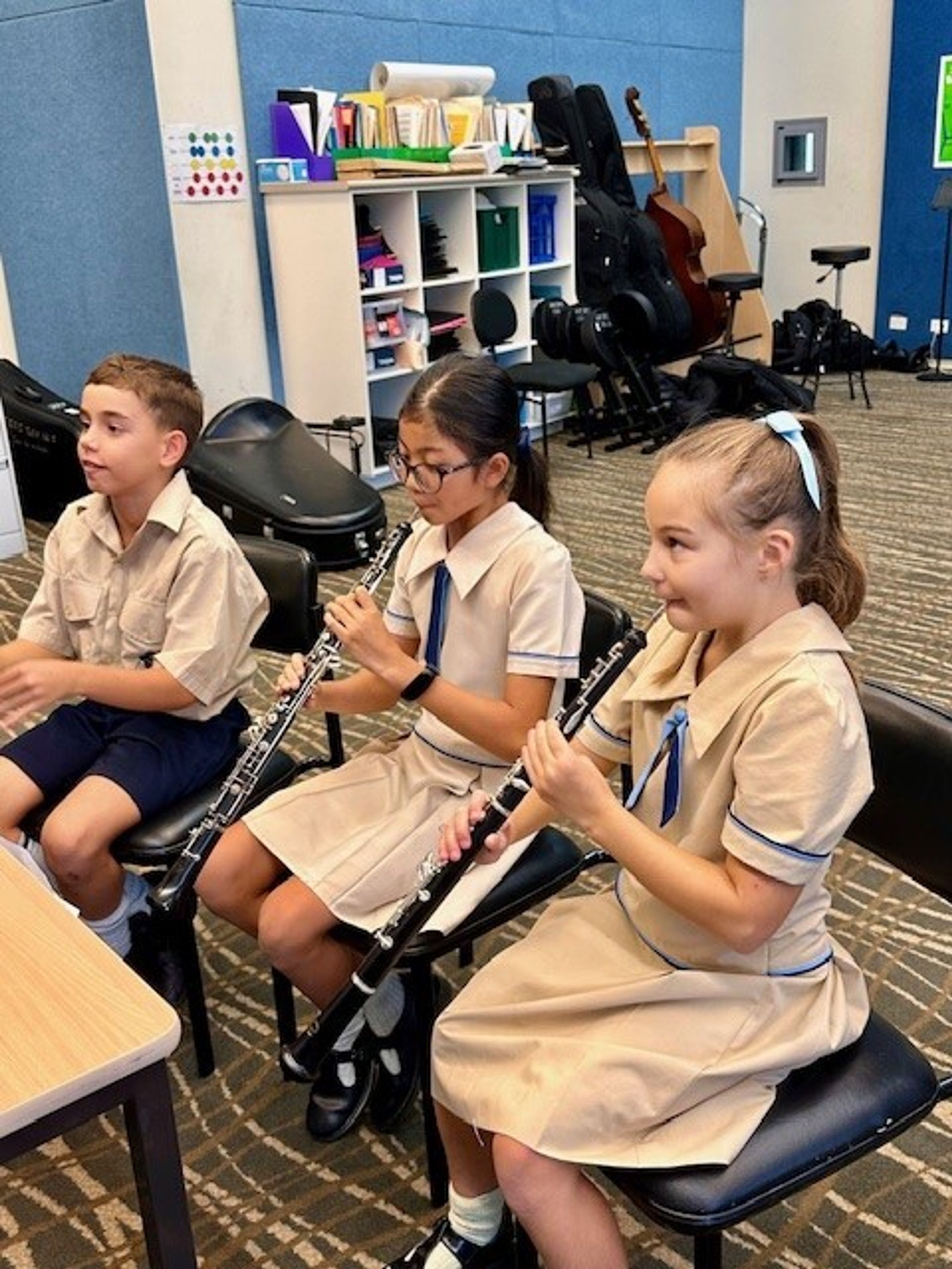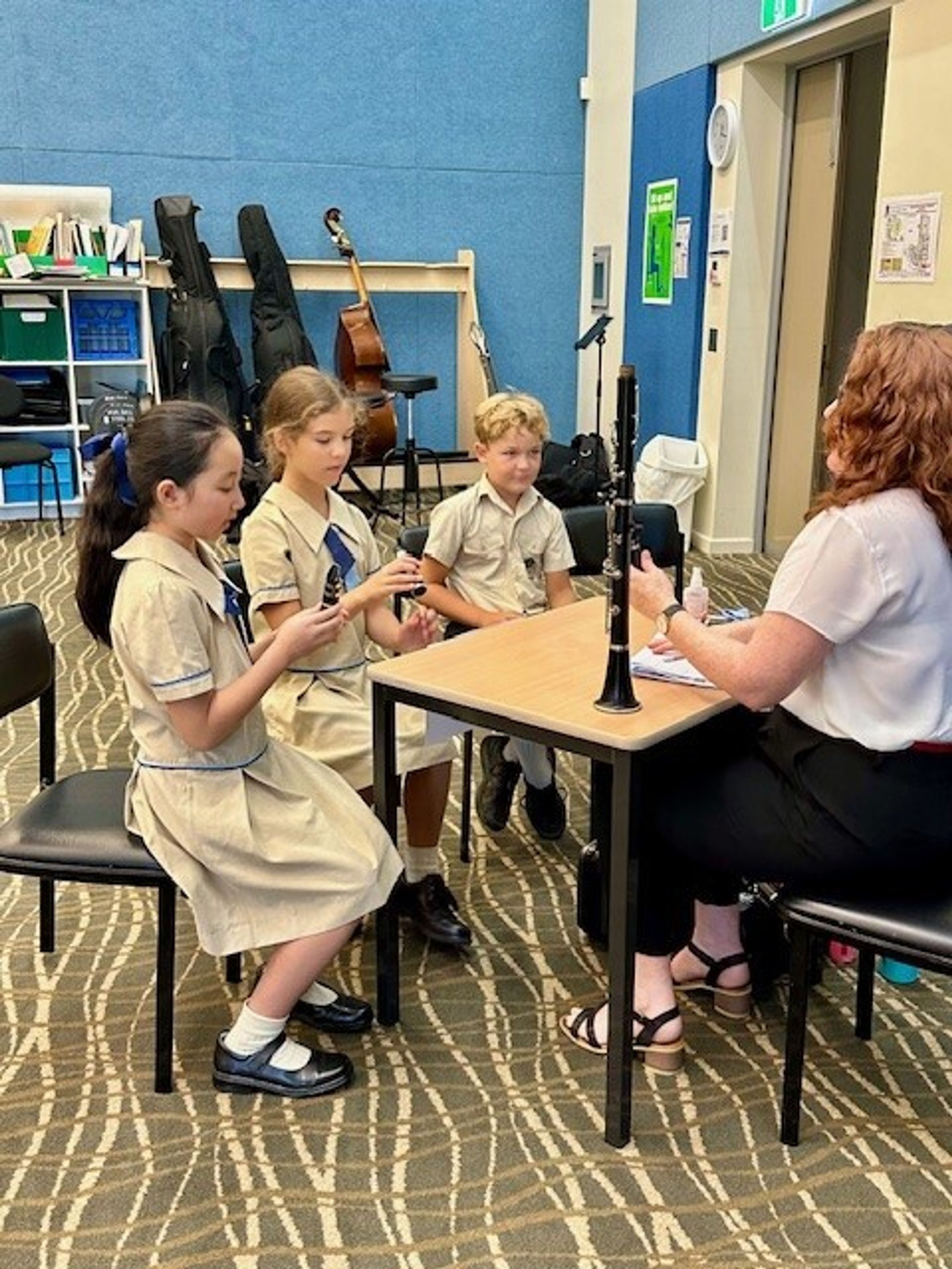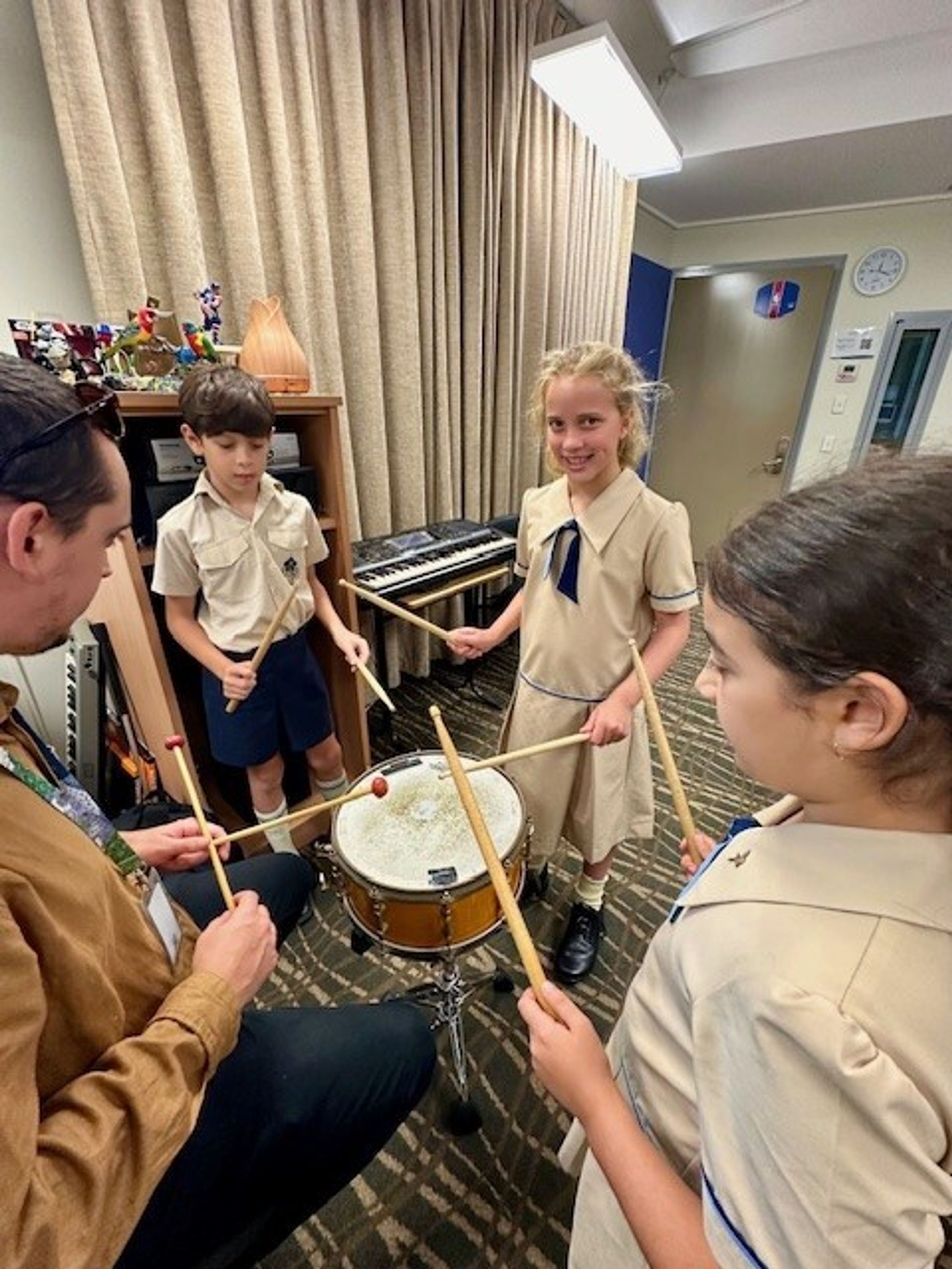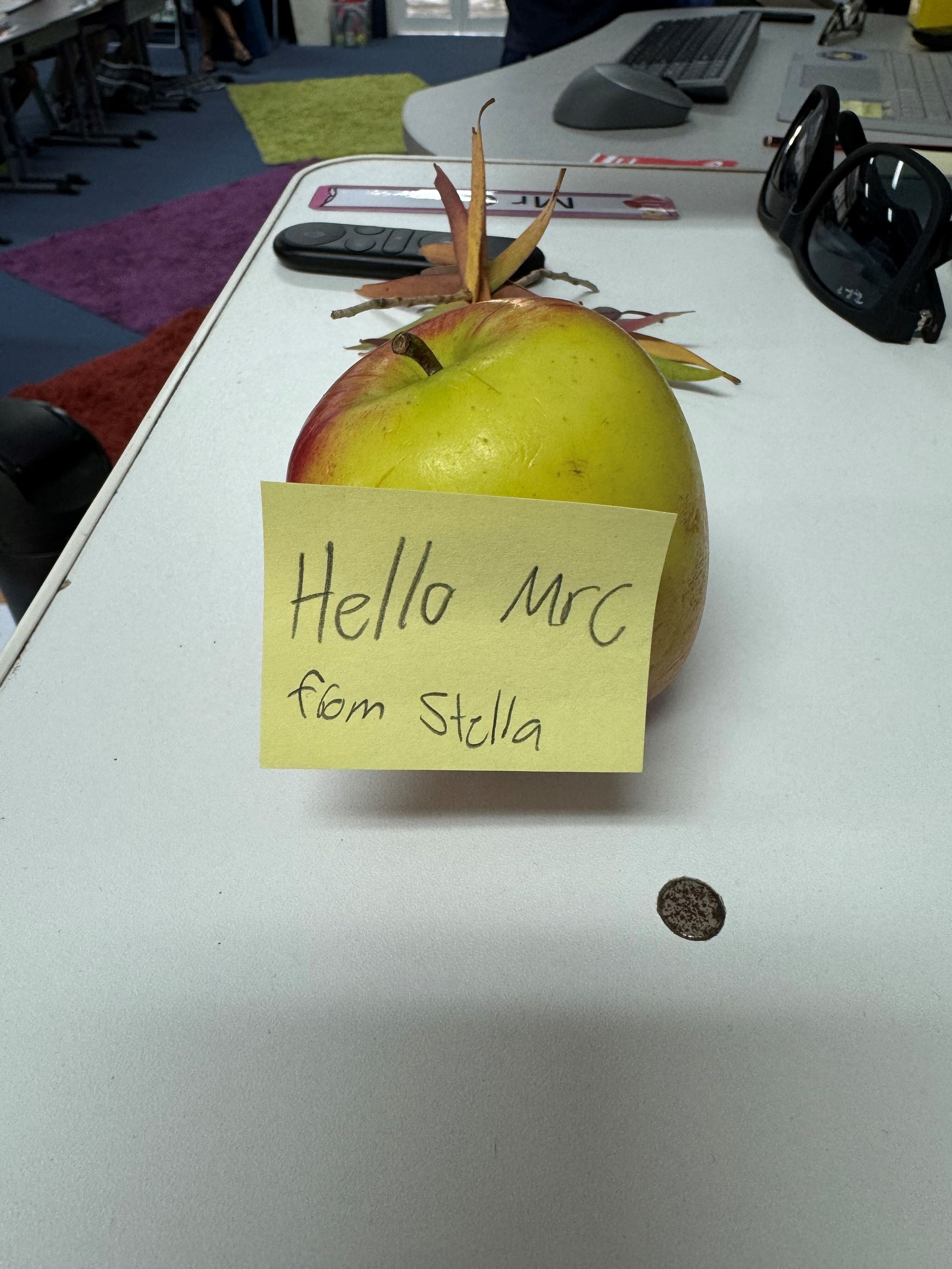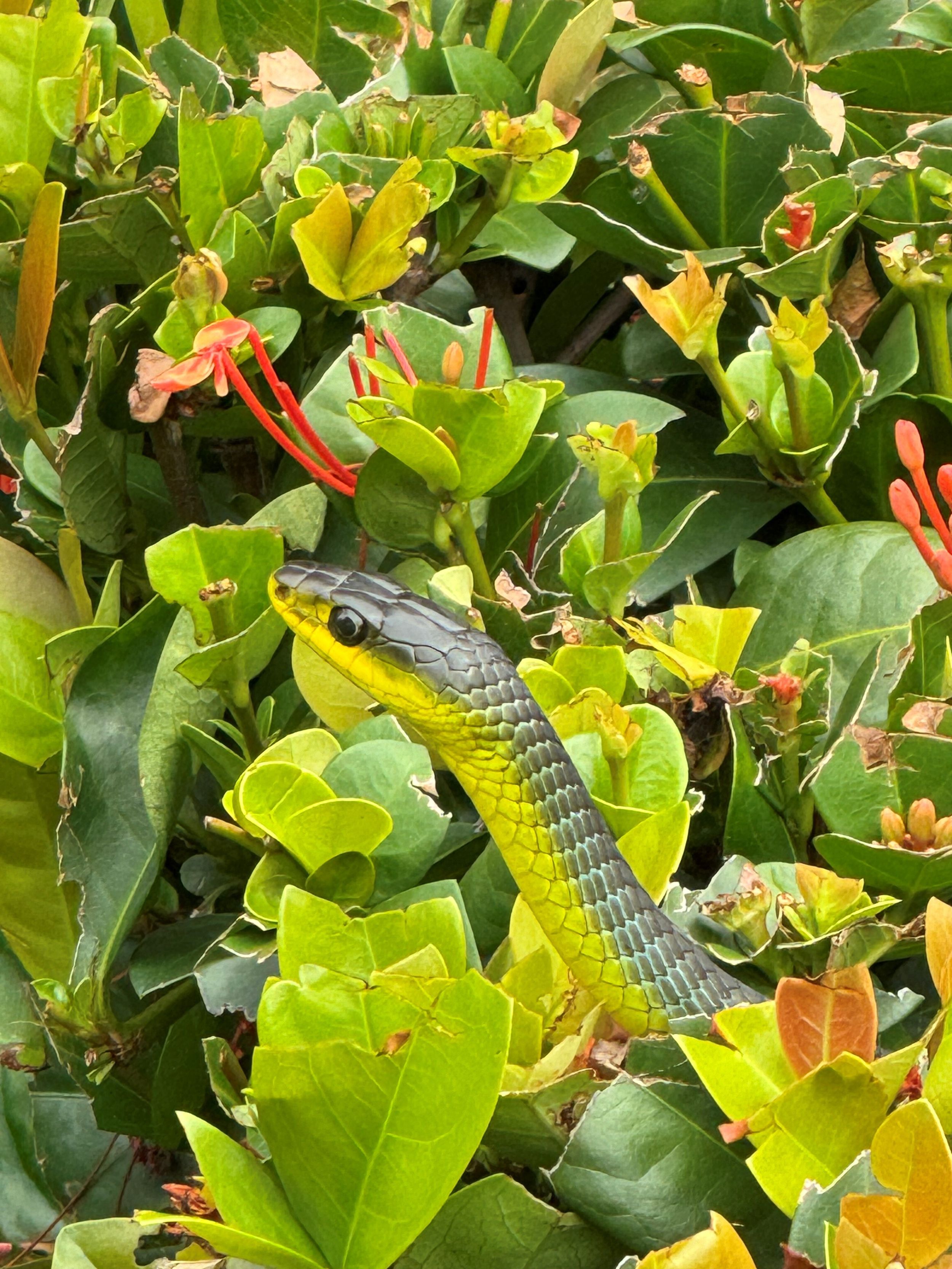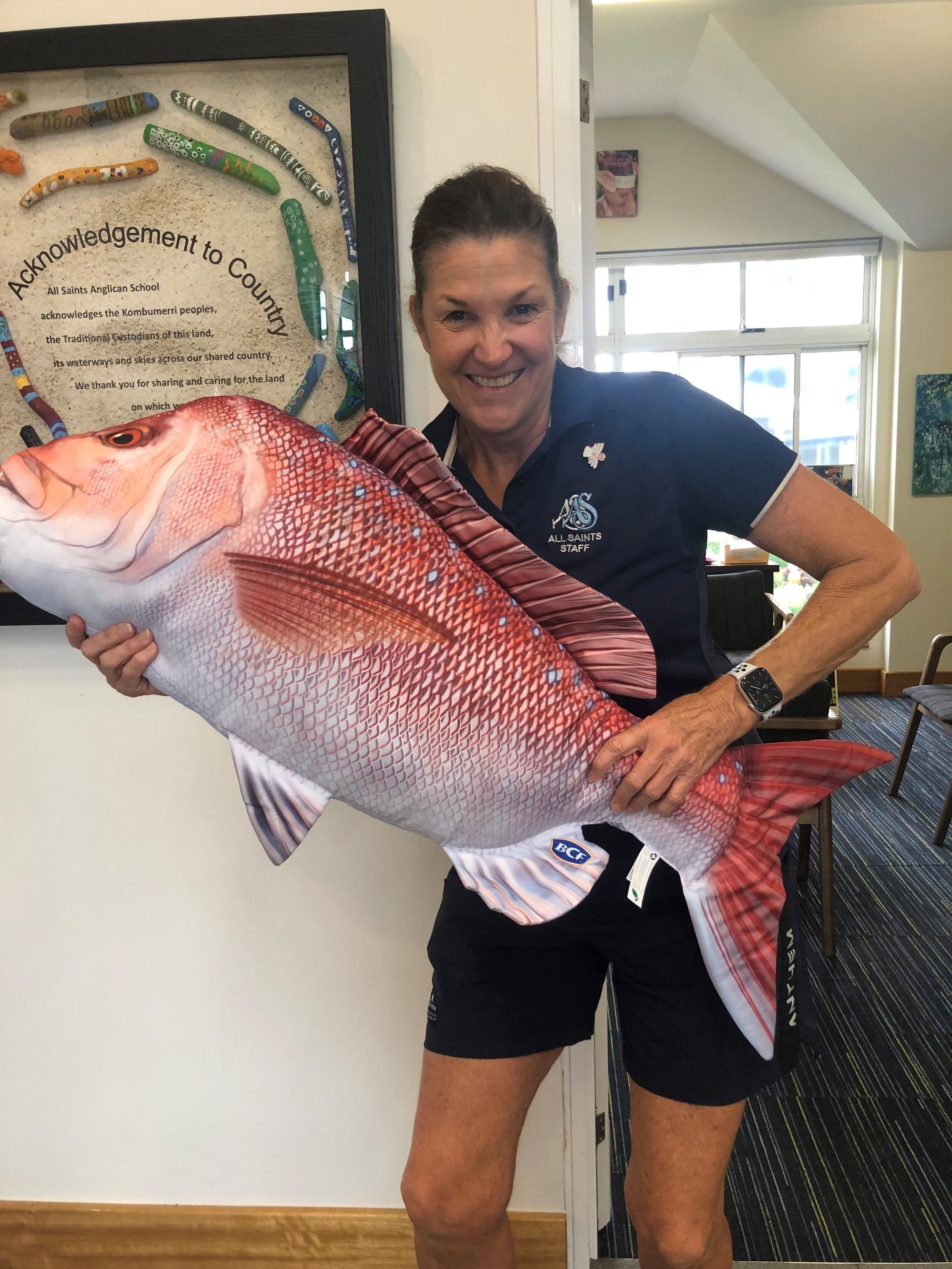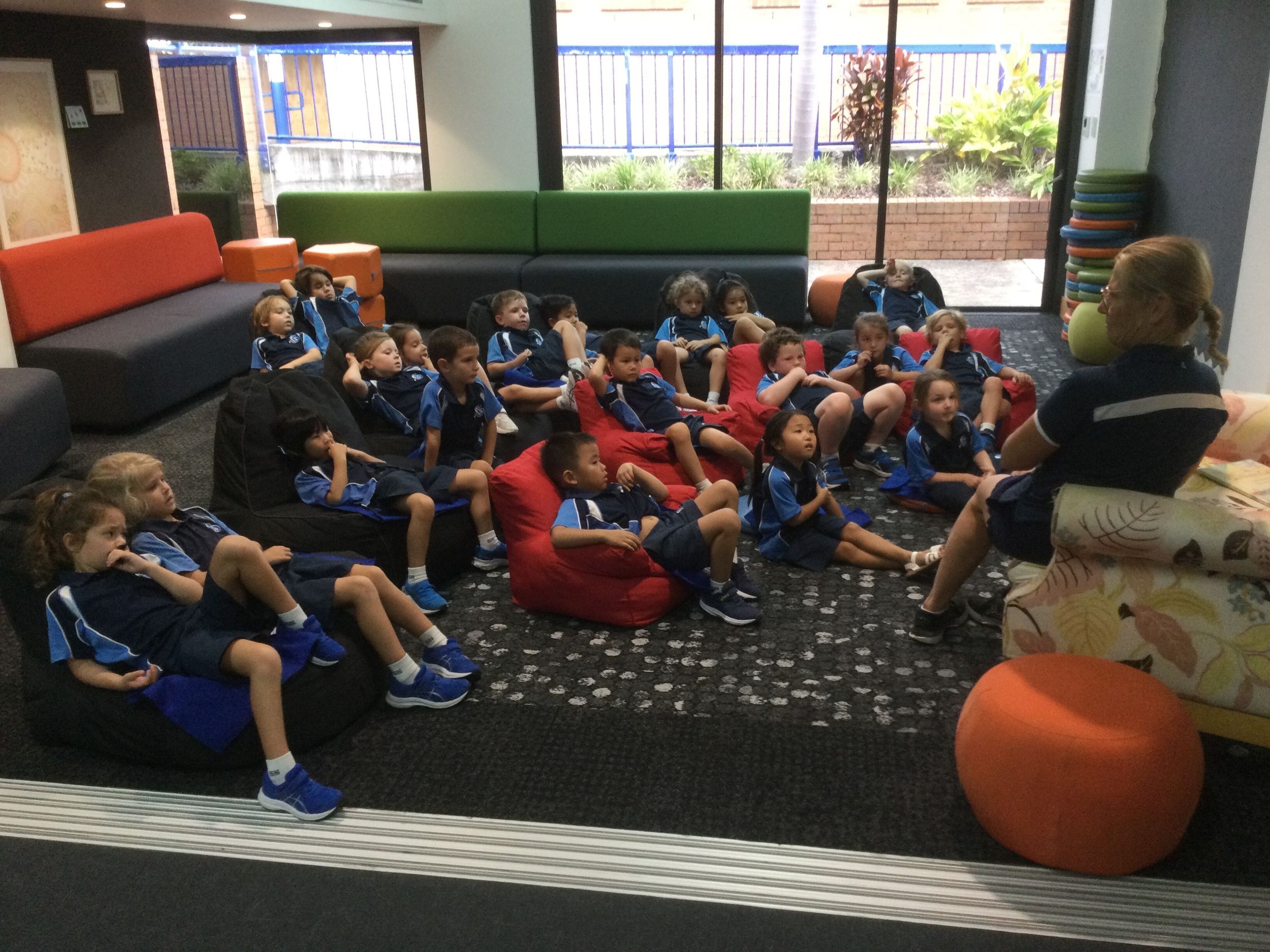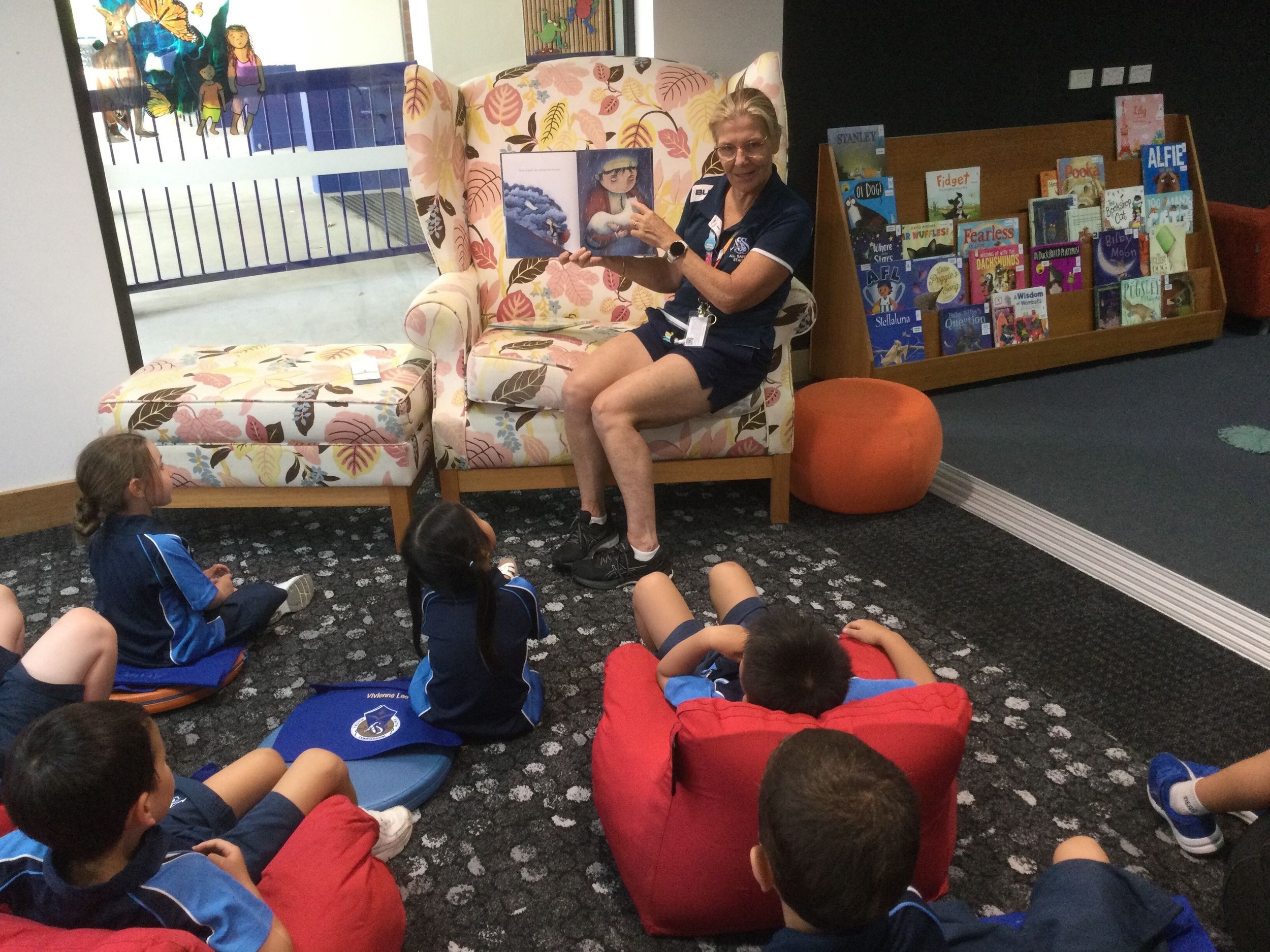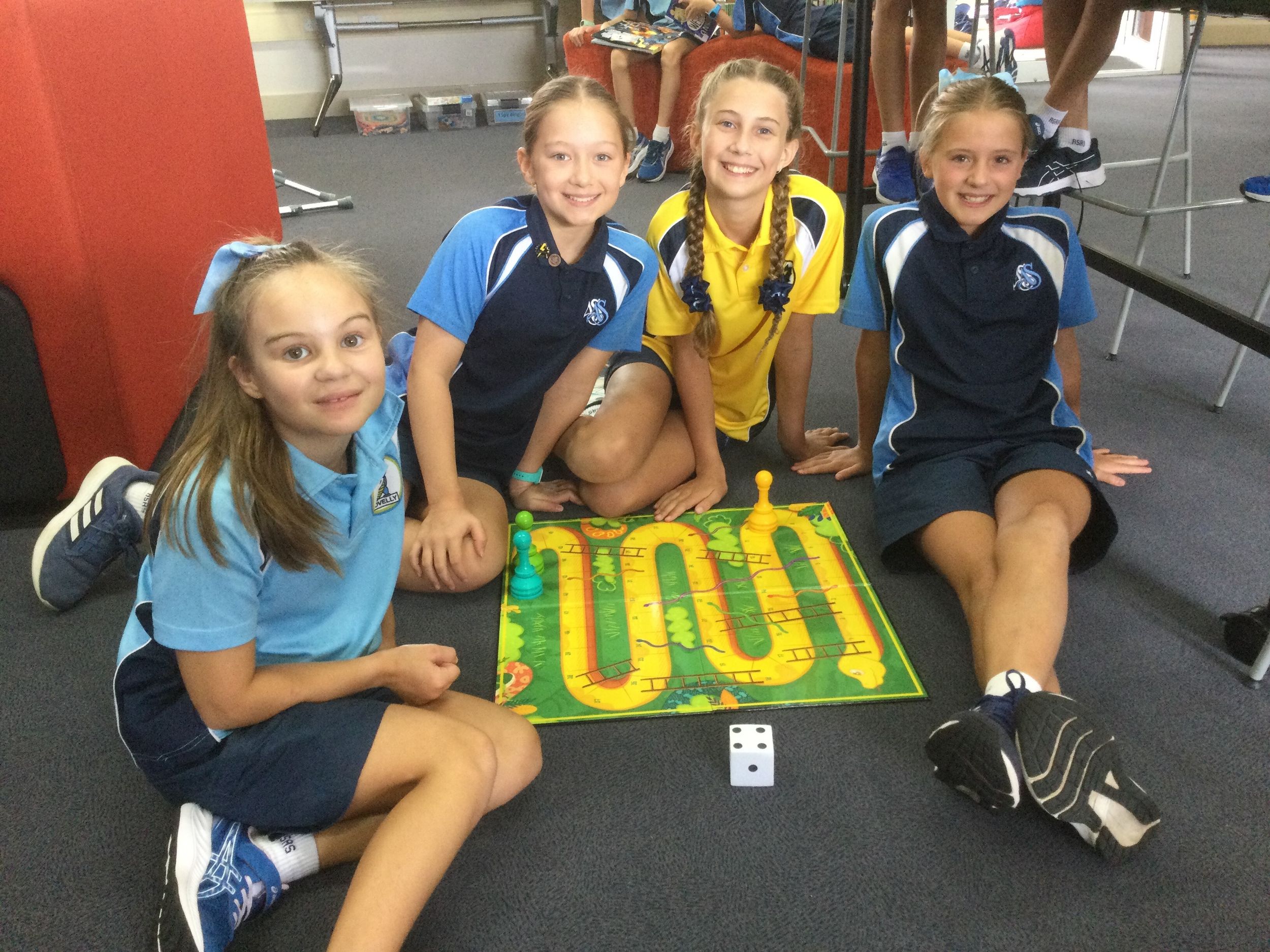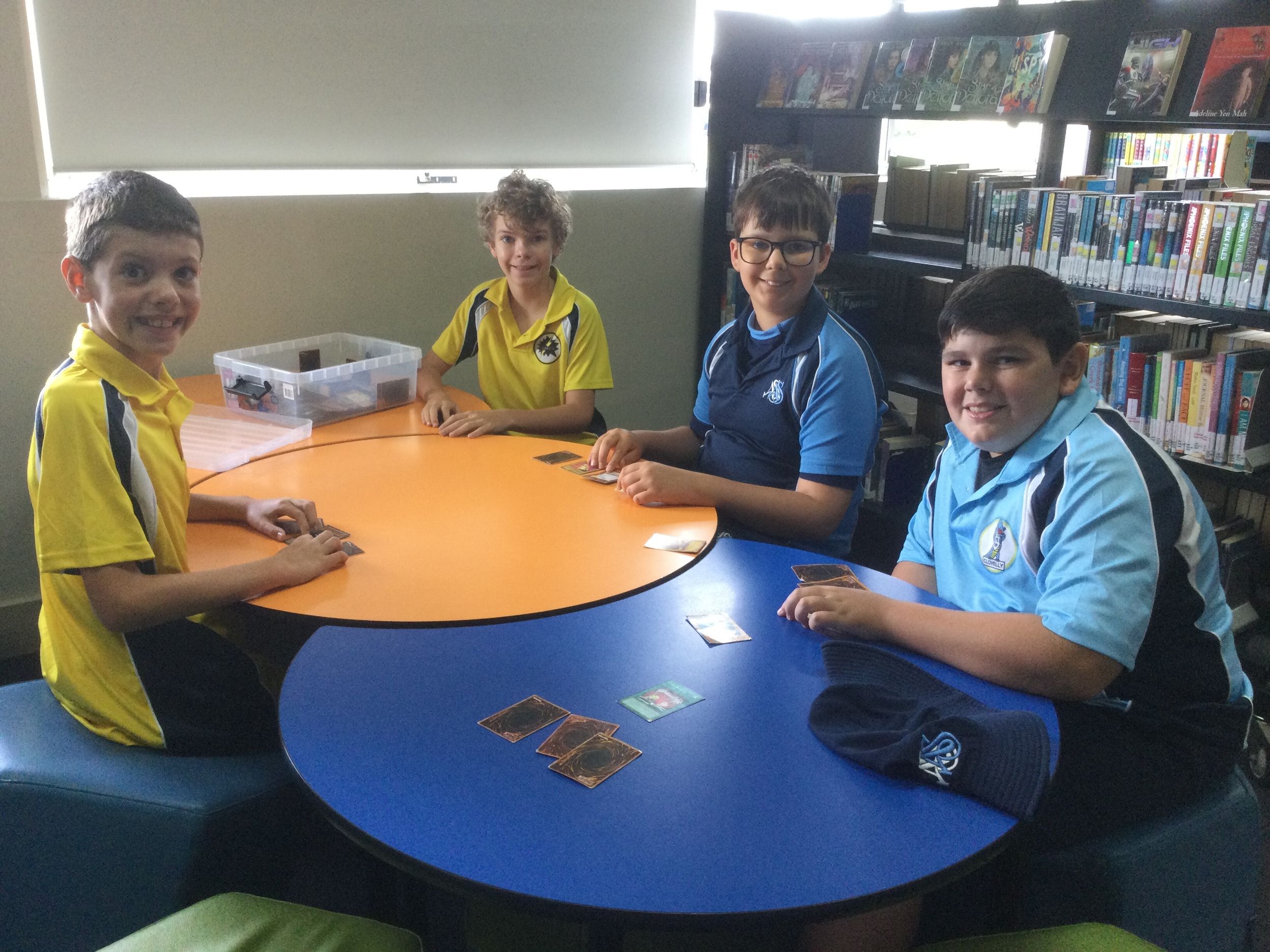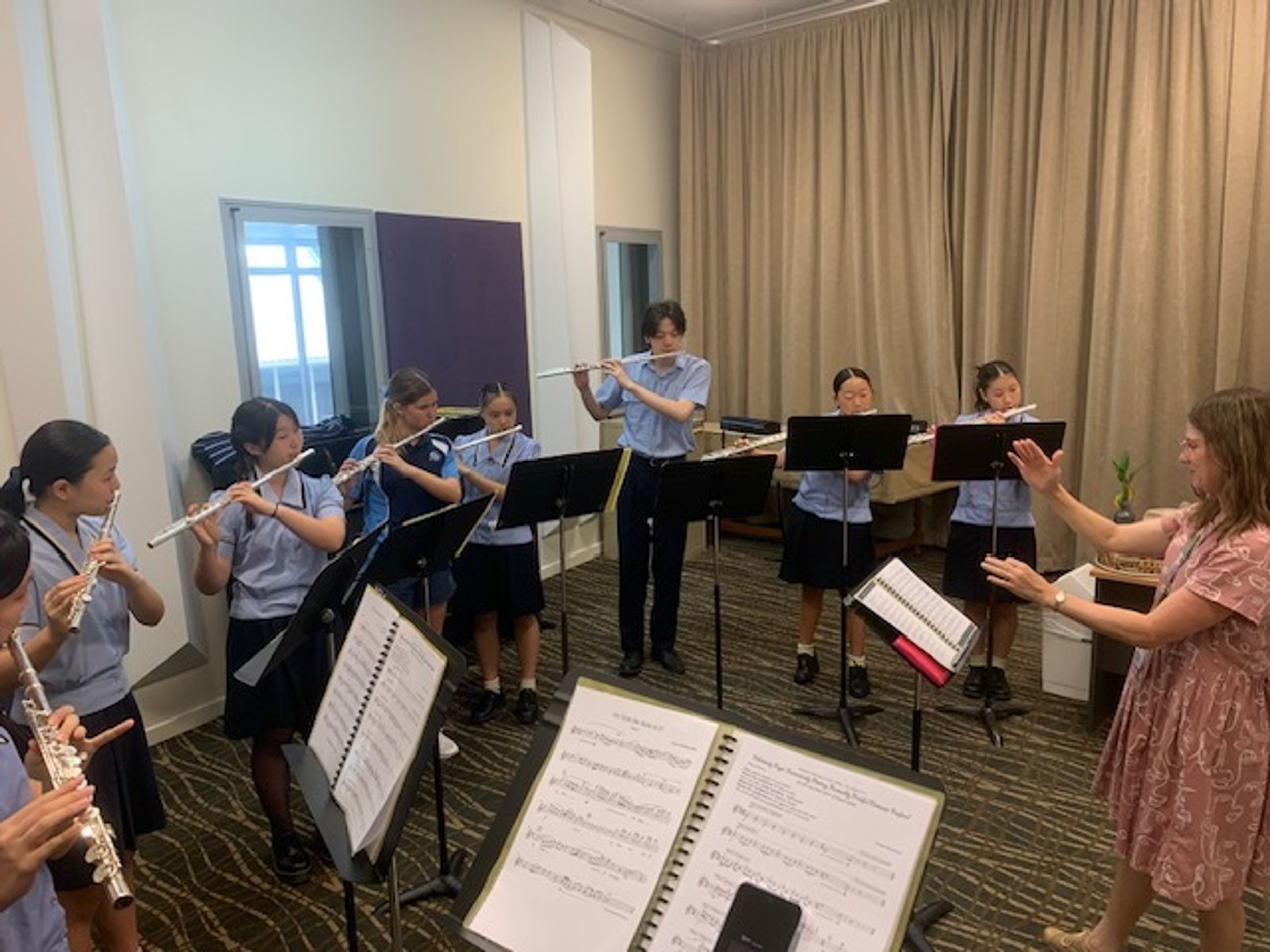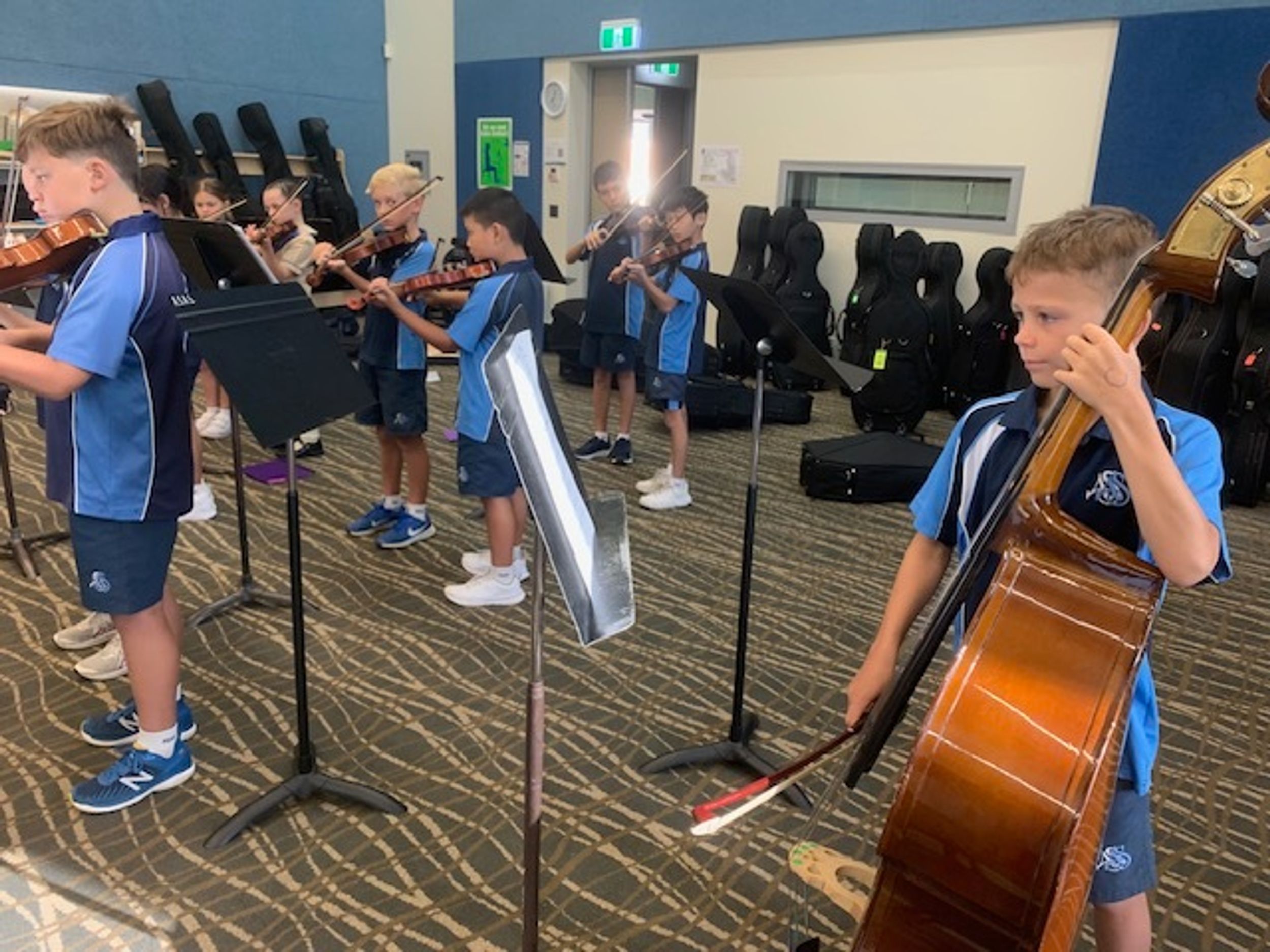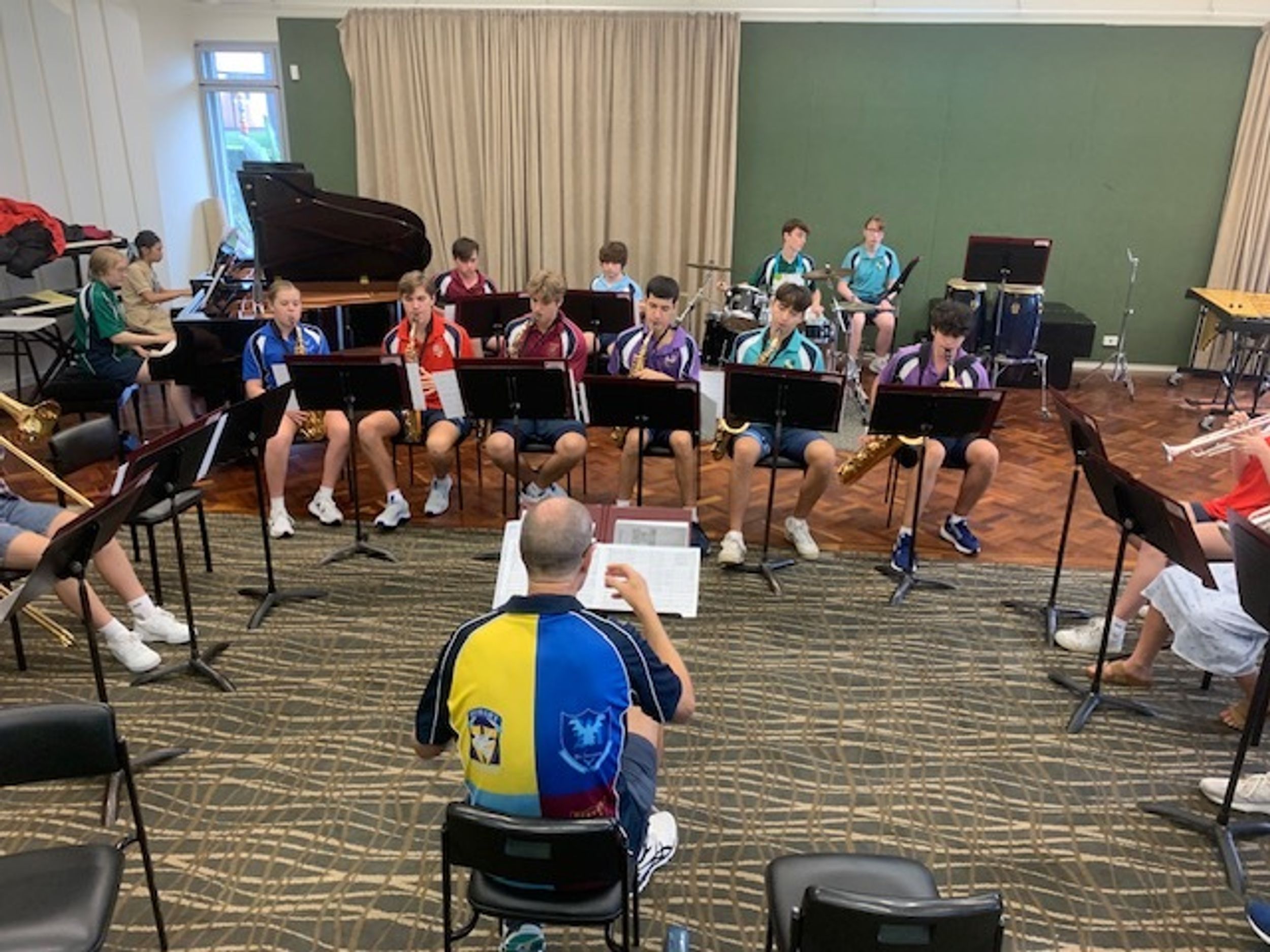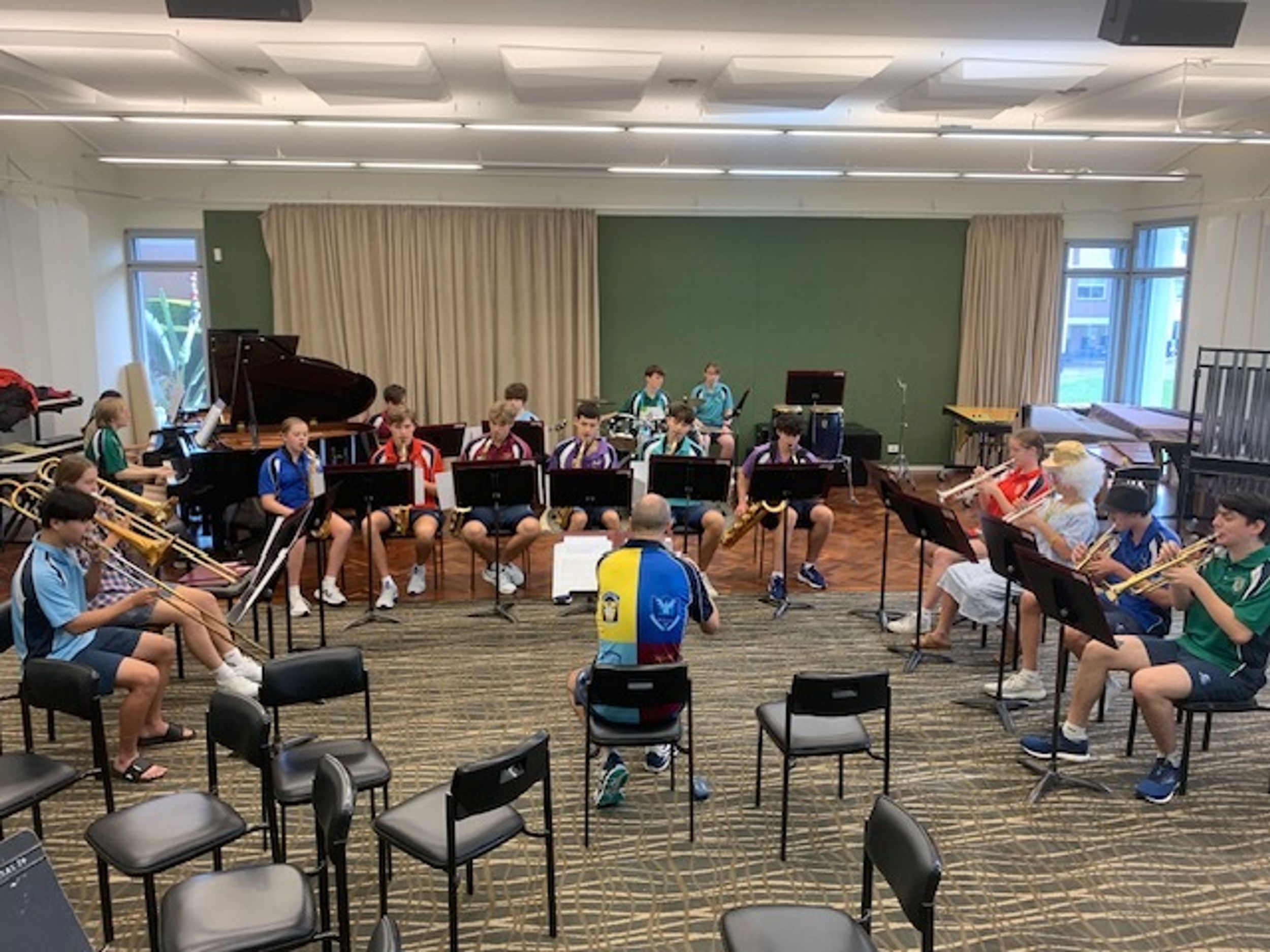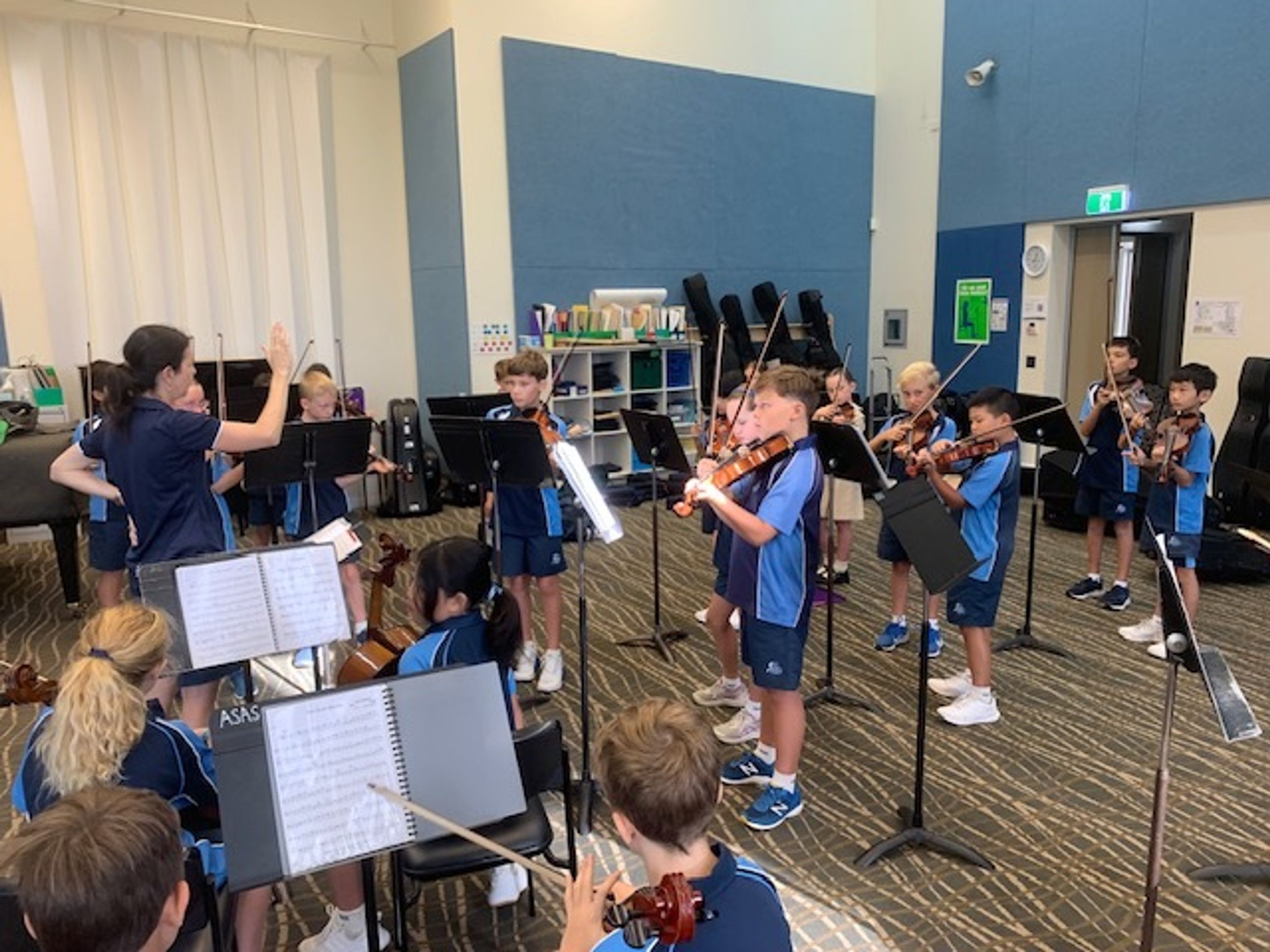Embracing the Quirk
I was making the point at our Academic Honours assembly on Wednesday this week that while we must of course privilege academic achievement as central to our purpose as an educational institution, it yet remains but a part, albeit an important one, of a liberal education. As I often say at public gatherings, the correlation between academic success and a satisfying, meaningful life can be somewhat tenuous; history records many flawed geniuses who led diminished lives. Perhaps they were never quite able to align their genius to a purpose, or perhaps they just struggled to form healthy, mutually sustaining relationships.
The correlation, however, between having good friends, understanding the value of service and humility, being a person of good character and a life that pleases and nourishes is, I believe, much more direct.
These musings brought to mind a speech given Jim Hogg, the Chair of Trinity Grammar School in 1962, during which he describes a tour of the school with the Headmaster at the time when they came across a Year 9 boy’s untidy desk:
"A budding naturalist," said the Headmaster, indicating the paraphernalia and specimens and books. "Not much good at anything else. His chief claim to fame is that he successfully hatched a duck's egg under his arm. I encouraged him for all I was worth and the whole school was tremendously interested. After three weeks he was brought to bed of a lusty duckling." I thought of those three weeks and of the solicitude of the school for their, at least superficially, pregnant companion. How did the boy survive the period of gestation when the smallest accident, day or night, a single momentary thoughtlessness, would have brought on a fatal miscarriage? Here, I thought, is a good school and a good Headmaster. Here was a boy 'not much good at anything else' but good at hatching a duck's egg under this arm - with all the implications of patient and determined interest in the world of nature about him. He had adopted an empirical method of discovering for himself one of the great elusive mysteries of life, and that in all his days he would probably never be able to spell 'empirical' seemed unimportant. Here was a school sufficiently enlightened to respect a boy's peculiar interest and to encourage it. I wish that the climate of my own school was such that amidst the solicitous interest of his fellows a boy could do anything so weird, so outlandish and so original.
I found this account strangely moving. We seem, in our well-intended efforts to democratise achievement, to have become less tolerant of the quirky and eccentric pursuits that once found a place in schools. Some of them, such as corporal punishment, were destructive and unwelcome, yet in our determination to be intolerant of such practices, it sometimes seems that we have become less accepting of other things too.
On reading the above address, I immediately began to think about how a student with a similar dream of hatching a duckling under his arm at All Saints might be received. Would we gently remind him of how disruptive his ambition might be to his other studies? Would we talk about hygiene? Would we remind him of the dangers of distracting his fellow students in class? And how might those fellow students react to such an aspiration? Would they support him in his endeavour, or would they ridicule him and marginalise him as an oddball?
There is such a pressure to conform these days. We all feel it. Students fear social isolation more than anything else. They learn early that difference is dangerous. As parents too, we seek to channel our children down well-trodden paths. We tend to adopt an apologetic stance for our children's eccentricities. We crave for them to 'fit in', as we nurse our own memories of times when we were made to feel 'odd' or 'other'. Does our confidence in the dominant ideology of our time warrant such intervention? Perhaps we can serve our children more lovingly by encouraging them to pursue their dreams, however quirky they may be, (providing of course they are constructive), rather than inviting them to embrace the dreams of others.
We have a dedicated group of senior students who meet every Thursday afternoon under the watchful eye of Dr Kelly Murphy, Mathematics teacher extraordinaire, to lose themselves in the game Dungeons & Dragons. They are a joy to watch; young men and women allowing themselves to be childlike in their enthusiasm and collaborative in their approach. It’s not quite as quirky as hatching a duckling under one’s arm, but I can’t help but smile when I walk past them on a Thursday and I am glad that their club exists.
Patrick Wallas
Headmaster








